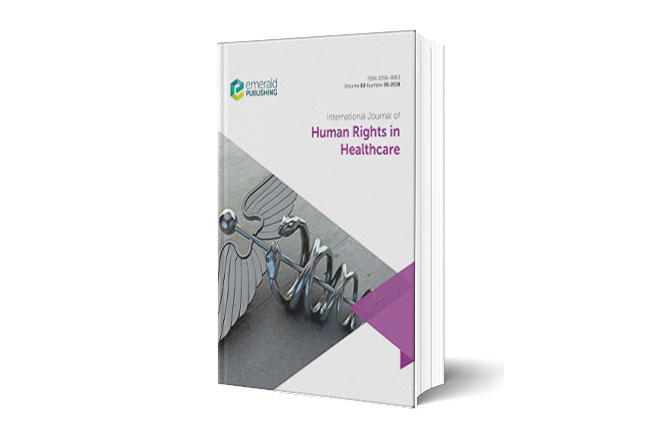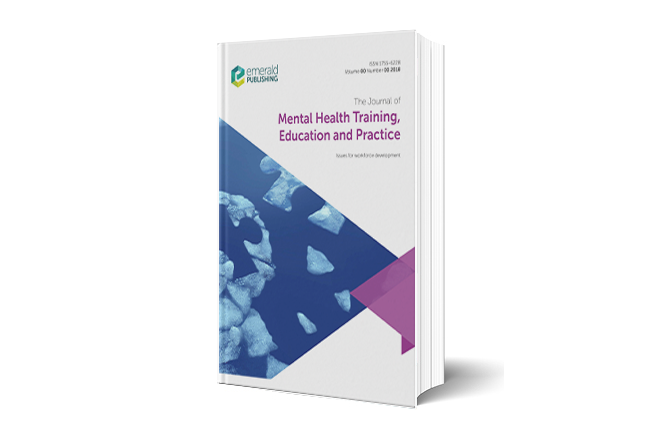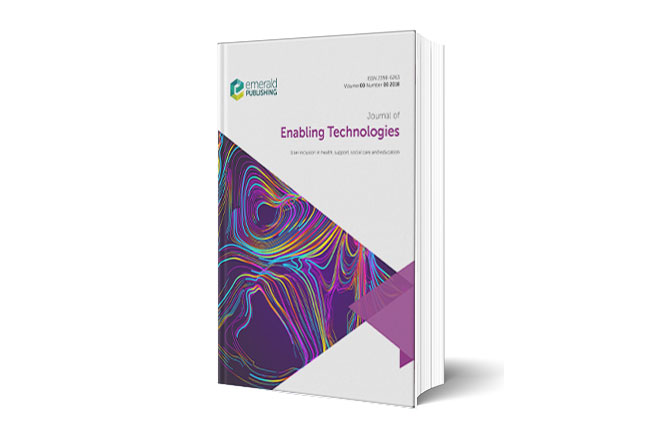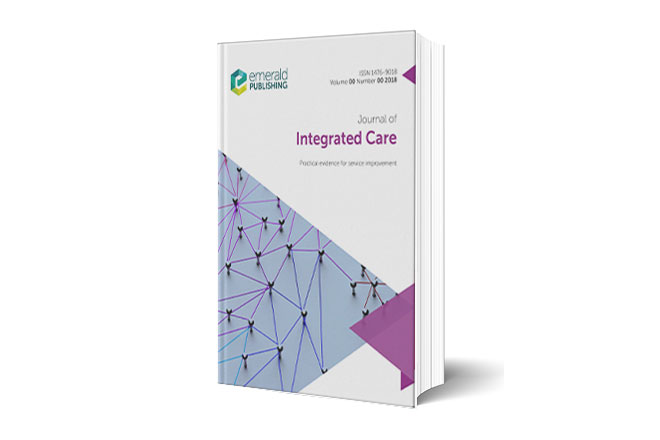The theme of this year's World Mental Health Awareness day is 'Make mental health a global priority for all'.
For the 4th year, we recently gathered the views of over 1,500 global academics, librarians and students within our Literati community for our 2022 Time for change report, which not only looks at how academia is driving societal change, but also helps us to understand more about the pressures of working in academia.
We believe that a supportive and inclusive environment is key to making mental health a global priority for all which is why we’re calling for new research within Health and Social Care and have collated a range of resources for you to browse.
On this page
Academic culture – top findings
Increased support
Researchers are saying they are seeing an increase in support from their managers over the last year as well as their institution actively supporting on ED&I issues and making progress on providing more equal opportunities.
A fifth experiencing physical & mental health issues
The impacts of pressure in the academic workplace continues to affect sleep pattern of around one in eight, and nearly a fifth experiencing physical or mental health issues (this is significantly worse in Australasia, with nearly double that of other regions, with 47% of academics affected).
Women more affected than men
Women are more affected than men – more than double saying it is affecting their physical health (17%) and 14% their medical health. There’s a similar pattern for early career researchers who appear to be bearing the strain more than later stage career researchers.
Planning to leave
Nearly 60% of academics have thought about leaving, 4% plan to do so in the next 12 months, results broadly the same as 2021. Australasia has nearly doubled the number planning to leave in the next year, at 15%.
Inadequate funding & pressure to publish
Inadequate funding and resources which has risen from 58% in 2021 to 63% in 2022 as the main pressure in academic life, followed by 55% saying pressure to publish (felt across all career stages) and 51% saying outdated management practices cause (51%). Inequality remains a burning issue for nearly a third.
Connecting to help make mental health a global priority for all
We believe that in order to make mental health a global priority for all, we need to re-connect with one another and that is why for World Mental Health Day 2022, we're promoting the following 'five Cs':
Conversation: Seek support and guidance from your trusted peers
Confidence: We've collated research and toolkits to help you along your research journey
Collaborate: We want to hear from academics and practitioners engaged in mental health research
Celebrate: We actively highlight and reward research that is driving real change
Check-in: Hear from experts on how to support, and feel supported by your network

Healthier lives
We understand the importance of a world that recognises and protects the most vulnerable and acknowledges the importance of a healthy mind as well as a healthy body. Our ethos is one of equity and helping researchers move beyond the restrictions of traditional subject disciplines.

Mental health – social inclusion & loneliness
It is not easy to take care of our mental health and wellbeing during a global pandemic. Restrictions in our daily lives and working remotely are having a profound impact on people’s mental health and wellbeing and this is often manifesting as loneliness.
Here we have highlighted some of our latest research and author insights about mental health, social inclusion and loneliness in times of COVID-19.
Share your views & perspective in our Engage community
Emerald Engage is an online community set up specifically for researchers and authors to make connections with scholars around the globe, and to link with others who have experienced similar struggles, made it through and have the knowledge and expertise to offer advice.








